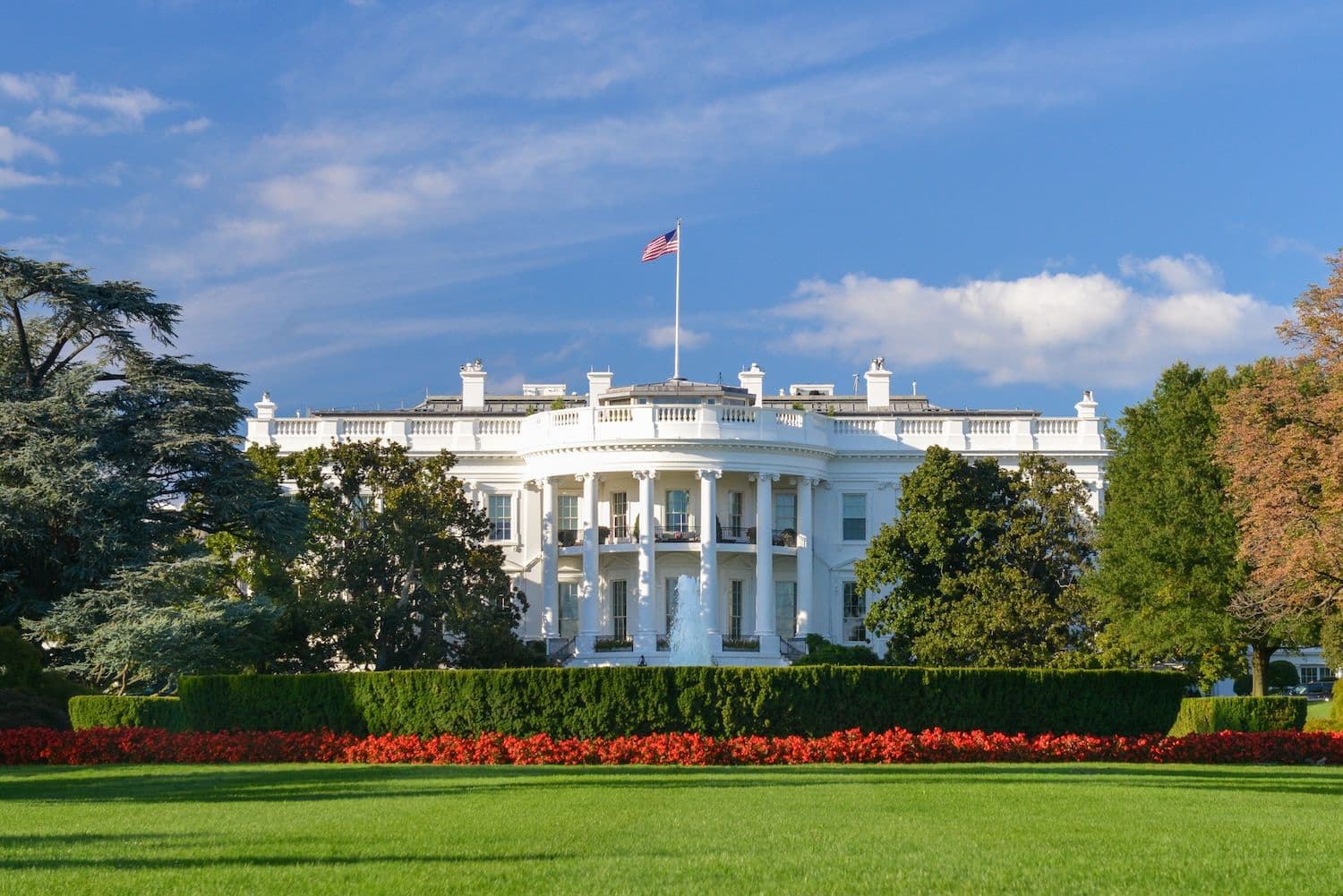The White House is preparing an executive order that would impose monetary penalties on banks for dropping cryptocurrency customers or engaging in politically motivated account closures. The order directs federal banking regulators to investigate potential violations of the Equal Credit Opportunity Act, antitrust laws, and consumer financial protection statutes by financial institutions that refuse service to digital asset companies and their customers.
What to Know:
- The executive order threatens fines, consent decrees, and other disciplinary measures against banks found to have discriminated against crypto customers
- Banking regulators under Trump have already eliminated "reputational risk" assessments that previously allowed banks to reject crypto-related accounts
- Multiple high-profile crypto executives and companies, including Coinbase CEO Brian Armstrong, have reported being debanked by major financial institutions
Banking Industry Pushback and Regulatory Shift
Financial institutions have defended their decisions to close crypto-related accounts by citing legal, regulatory, and financial risks. Banks point to anti-money laundering compliance requirements as justification for their restrictive policies toward digital asset businesses. These regulations provide banks with broad discretionary power over customer relationships and asset management decisions.
Bank of America responded to the development through a spokesman who stated the institution has "provided detailed proposals and will continue to work with the administration and Congress to improve the regulatory framework." The response reflects the banking industry's attempt to maintain operational flexibility while addressing regulatory concerns.
The proposed executive order represents a dramatic departure from Biden administration policies. Under what critics labeled "Operation Chokepoint 2.0," banking oversight during the previous administration was viewed as hostile to cryptocurrency businesses. Trump's banking regulators have already begun reversing these policies by eliminating reputational risk assessments that crypto advocates argued were used to justify discriminatory practices.
Pattern of Account Closures Emerges
JPMorgan Chase informed Coinbase CEO Brian Armstrong in December 2023 that the bank would terminate accounts of individuals whose primary income derived from cryptocurrency activities. The decision affected not only Armstrong but potentially thousands of crypto industry participants who relied on traditional banking services.
Sam Kazemian, founder of Frax Finance, reported similar treatment from JPMorgan.
The bank allegedly told him they would close accounts of anyone whose primary source of income or wealth was cryptocurrency-related. This policy effectively created a categorical exclusion for crypto industry professionals.
Other prominent figures reported similar experiences. Custodia Bank CEO Caitlin Long, Gemini co-founder Tyler Winklevoss, and Bitcoin Foundation's Charlie Shrem all claimed they were subjected to account closures without clear justification beyond their cryptocurrency connections.
Elon Musk amplified these concerns in November 2024 by posting evidence that 30 technology company founders had been debanked during the Biden administration. His disclosure brought wider attention to what crypto advocates described as systematic discrimination against digital asset businesses and their executives.
Financial Industry Resistance to Digital Assets
Traditional banking institutions have historically maintained adversarial relationships with decentralized digital assets and cryptocurrency companies. Banks generate revenue primarily through lending customer deposits and maintaining control over financial transactions. Cryptocurrency's peer-to-peer transaction capabilities and reduced dependence on traditional financial intermediaries directly challenge this business model.
The banking sector's resistance stems from both competitive and regulatory concerns. Cryptocurrency transactions can bypass traditional banking infrastructure, potentially reducing fee income and limiting banks' oversight of customer financial activities. Additionally, regulatory uncertainty around digital assets has made many institutions cautious about providing services to crypto-related businesses.
However, attitudes appear to be shifting as banks recognize profit opportunities in certain digital asset sectors. Stablecoin operations, which often require traditional banking partnerships for fiat currency backing, have attracted increased institutional interest. This selective engagement suggests banks are warming to cryptocurrency applications that complement rather than compete with traditional banking services.
Understanding Key Financial Terms
The Equal Credit Opportunity Act prohibits creditors from discriminating against applicants based on protected characteristics including political affiliation in certain contexts. Antitrust laws prevent businesses from engaging in anti-competitive practices that could harm market competition. Consumer financial protection laws establish standards for fair treatment of banking customers and provide enforcement mechanisms for violations.
Anti-money laundering compliance requires banks to monitor transactions for suspicious activity and report potential criminal behavior to federal authorities.
These requirements give banks broad discretionary power to refuse service to customers they deem high-risk. Consent decrees are legal agreements between regulators and institutions that establish specific compliance requirements and oversight procedures.
Reputational risk assessments allowed banks to consider potential public relations consequences when making customer acceptance decisions. Critics argued these assessments were used to justify politically motivated account closures without clear regulatory justification.
International Context and Related Developments
The United Kingdom recently banned a Coinbase advertising campaign that criticized the traditional financial system. This action demonstrates that cryptocurrency regulatory tensions extend beyond U.S. borders and involve fundamental questions about financial system criticism and market competition.
The UK's decision to restrict Coinbase's advertising highlights the global nature of debates over cryptocurrency regulation and traditional banking protection. International regulatory coordination on digital asset policies remains limited, creating opportunities for regulatory arbitrage and jurisdictional competition.
Closing Thoughts
The Trump administration's executive order represents a significant policy reversal intended to protect cryptocurrency businesses from alleged banking discrimination. The measure could reshape relationships between traditional financial institutions and the digital asset industry while establishing new precedents for federal intervention in banking customer selection practices.



